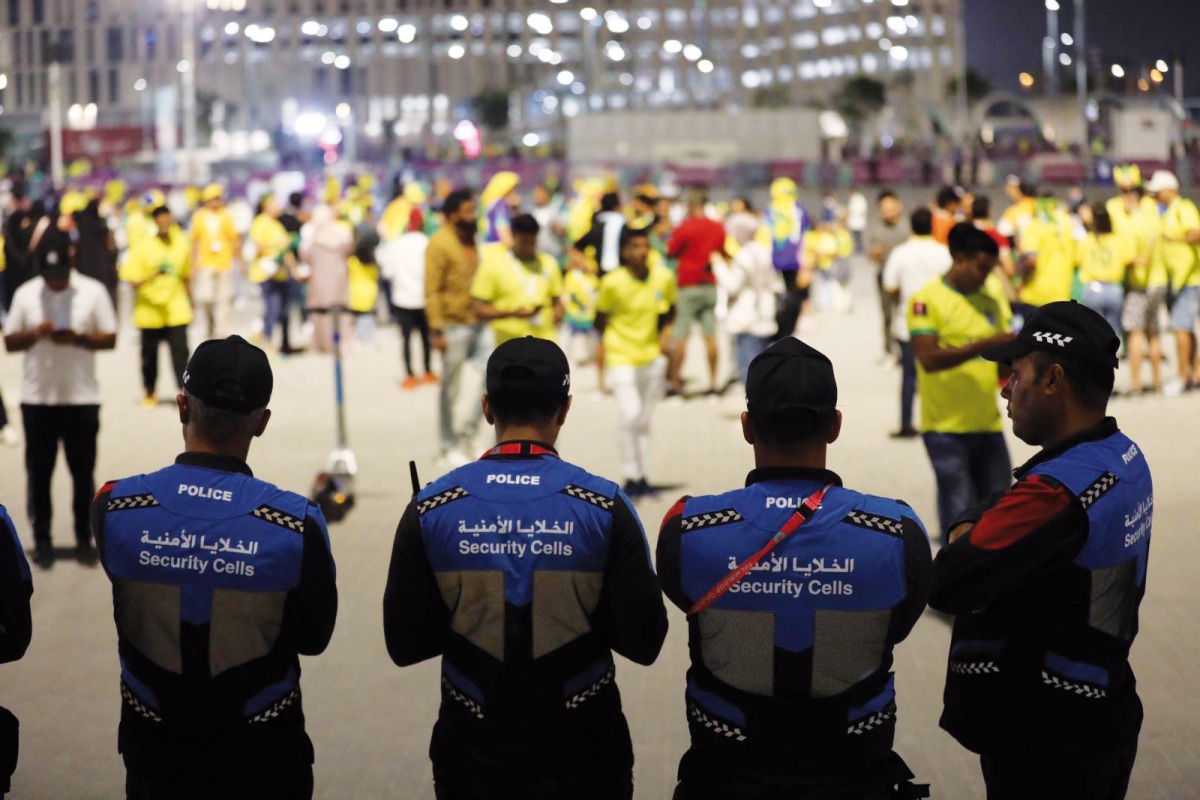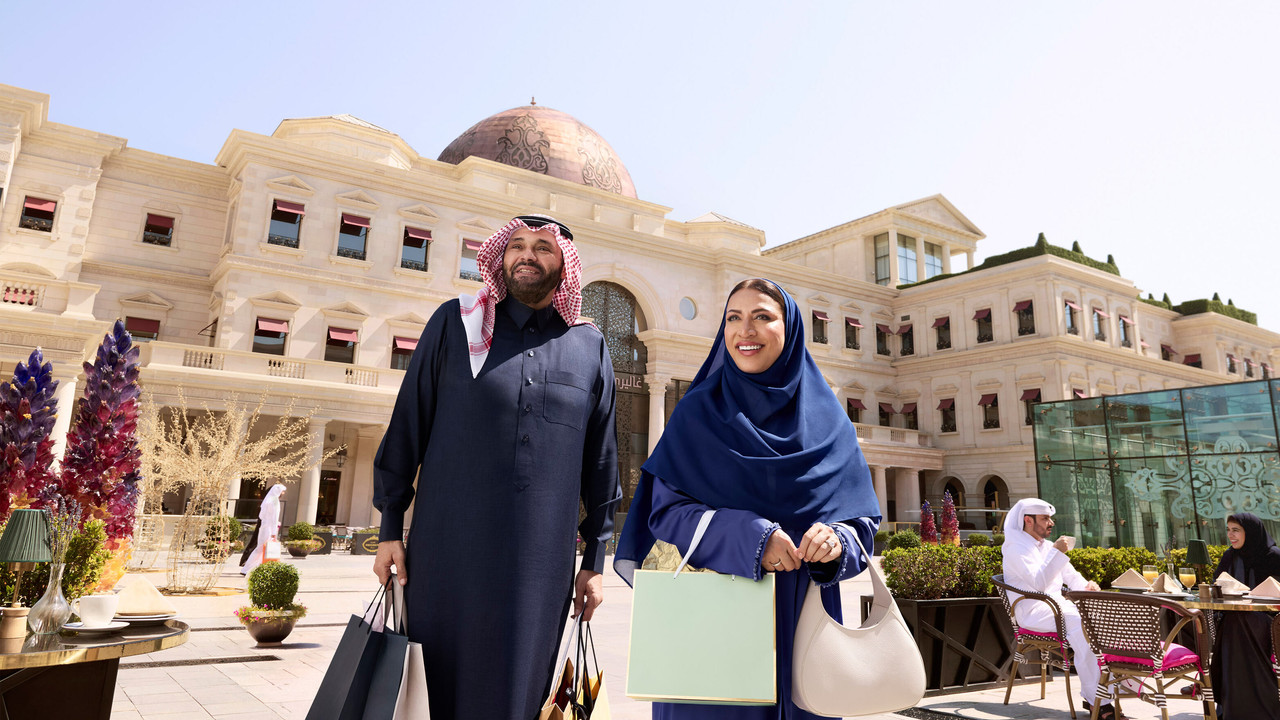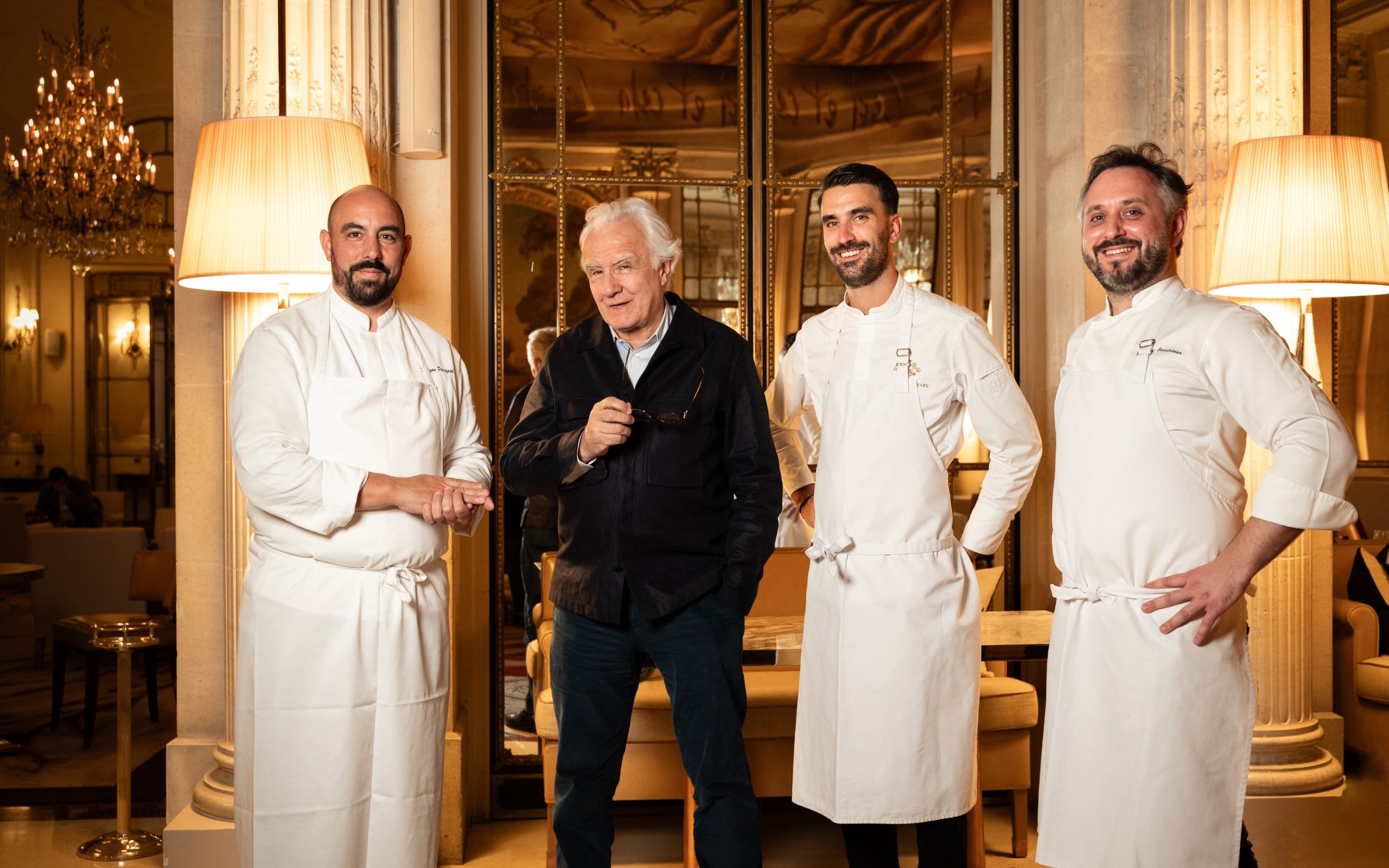Security was a central element in the decade-long preparation for the World Cup, which saw Qatar partner with defence entities from the region and beyond.
The future of public security at large events may be shaped by the ‘Middle Eastern security innovation’ used at the World Cup 2022 to ensure safer, more straightforward visa processing and easier and more effective travel, a FIFA director said.
Throughout the month-long tournament in Qatar, the digital Hayya Card was used in place of an entry permission to give authorities access to crucial security information, including fans’ travel and lodging arrangements, and to ensure that every spectator was present.
Helmut Spahn, FIFA’s Director of Safety, Security, and Access, outlined the most important lessons learned from last month’s competition and how to use them at future large sporting events, including as the 2026 World Cup, which will be held in the United States, Canada, and Mexico.
“This was my fifth World Cup and each one is unique,” said Spahn while addressing a Security Leaders’ Summit on the opening day of Intersec 2023 in Dubai, according to reports.
“At the end of the day, it’s all about teamwork, stakeholder engagement, and preparation. The 2026 event will be different as we go from hosting in one city to hosting across an entire continent, so, from an organisational point of view, there is not so much we can take away.”
However, regarding the innovative Middle Eastern security of Qatar 2022, the director said the introduction of the digital Hayya ID card was key element.
“We did have a couple of security features like the Hayya Card, which was a replacement for visas and made travel really easier, so maybe that is something we can also introduce in Canada, Mexico, and the US. It will be difficult, we know the political situation – especially at the border between Mexico and the United States – but sports can be a driver and change things.”
Security at Qatar 2022
Security was a central element in the decade-long preparation for the World Cup, which saw Qatar partner with defence entities from several countries in the region and beyond.
The World Cup in Doha was widely praised for its security and safety, in which a friendly atmosphere allowed for families to attend without concerns.
Qatari authorities implemented a ban on the sale of alcohol near or in football stadiums, a move that received praise across communities, particularly families and women.
Female fans attending the tournament said the move helped alleviate the hostile atmosphere associated with the game. As a result, British Chief Constable Mark Roberts, the UK should “drop ideas of reintroducing alcohol in the stands” in light of the fan experience in Qatar.
The atmosphere in Qatar was “passionate but friendly”, Robert, who oversees football policing in the UK, said during the World Cup 2022, The Times reported.
Speaking to Doha News during the tournament, fans said they felt “extremely” safe especially when compared to previous World Cups where they were “too afraid” to hold their belongings in their hands freely.
Fans also said they were not worried about wearing bags on their backs as they were content that pickpocketing would not occur in Qatar.
Another international spectator told Doha News that he would not hesitate to take a walk in the streets of Qatar during the night due to how safe he feels in the country.







